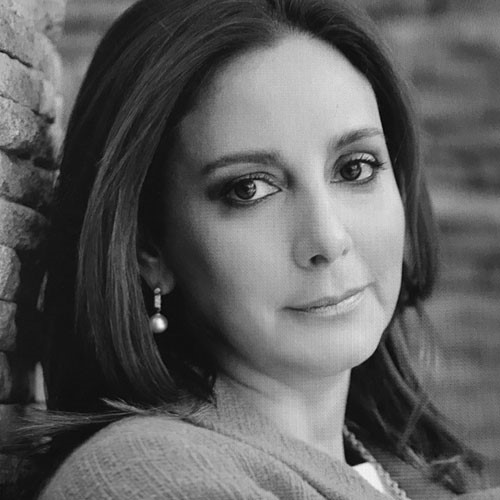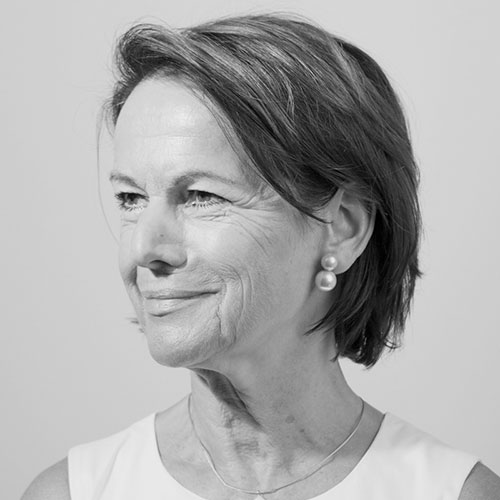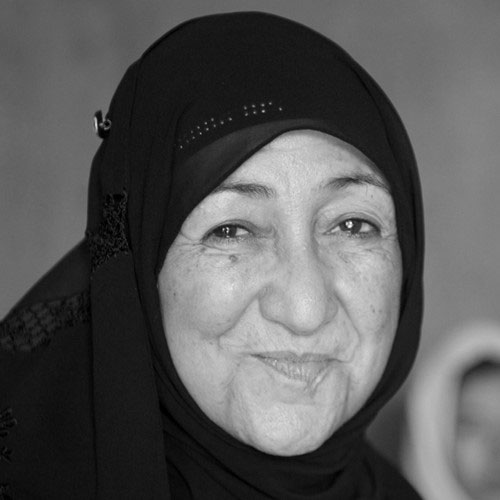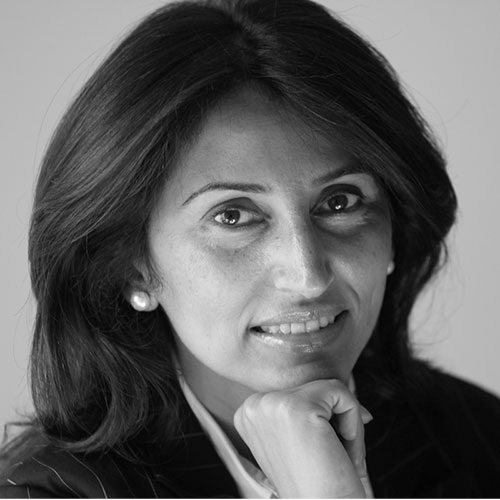Session moderator, Stavroula Logothettis, began by describing the status of women around the world and the lack of women representation. She stressed that women are critical to the economic development of an active civil society and for good governance. According to the United Nations, only two countries around the world have 50 percent or more women in parliament, namely Rwanda (61%) and Bolivia (53%), and that according to one study, only 14 out of 234 major companies examined had a female as their CEO which accounts for almost 2000 of the world’s most recognisable consumer brands. She also added that one in three women experience domestic violence or sexual assault. Logothettis finally highlighted and questioned how staggering the numbers are and how these issues are still discussed in 2020.
Deliberating on the aforementioned issues, Monique Villa, the CEO of Thomson Reuters Foundation, stated that out of the 189 countries around the world, only 22 countries give women equal rights with men. However, she reiterated that the process of women’s equality, as much as it is ongoing, is a slow one. Women are different from men in the sense that they not only have a day job but they also have a family to look after. This makes it imperative to take into consideration women’s particularity.
From her side, Dr. Sakena Yacoobi, the CEO of the Afghan Institute of Learning, highlighted three main issues that contribute to the disempowerment of women. Firstly, that women do not sufficiently support each other. Secondly, women suffer from lack of education and thirdly, the cultural stereotypes surrounding women’s perceived inability to do the so-called jobs of men. Dr. Yacoobi stressed that unless the above issues are addressed, the status of women will not improve. She added that women have high potential and capacity and should be given equal opportunities and educational rights. Most importantly, she described women’s empowerment as essential to the development of societies. A woman who works and is able to contribute to her household will help fight poverty, which will prevent wars and other calamities. An empowered woman can also contribute to her children’s education, which is essential in creating productive and literate societies.
Diana Buttu, human rights lawyer and former spokesperson for the Palestine liberation Organization, explained that the main problem is that the world is dominated by patriarchy. She highlighted the role of Palestinian women as being at the forefront of leading the struggle against the Israeli military occupation. She criticised the quota system, which prevents many women from being in leadership positions. She also stressed how a lot of potential is lost because of the lack of utilisation of women.
Anita Alban, Former Minister of environment of Ecuador, started by criticising the fact that most of the speakers at the TRT World Forum itself were men. She highlighted that the moment we stop making this a subject of discussion, that is the moment when gender inequality will end. She also pointed to the vast difference between the rural and urban areas and how this can affect the provision, quality and access of education to women.



